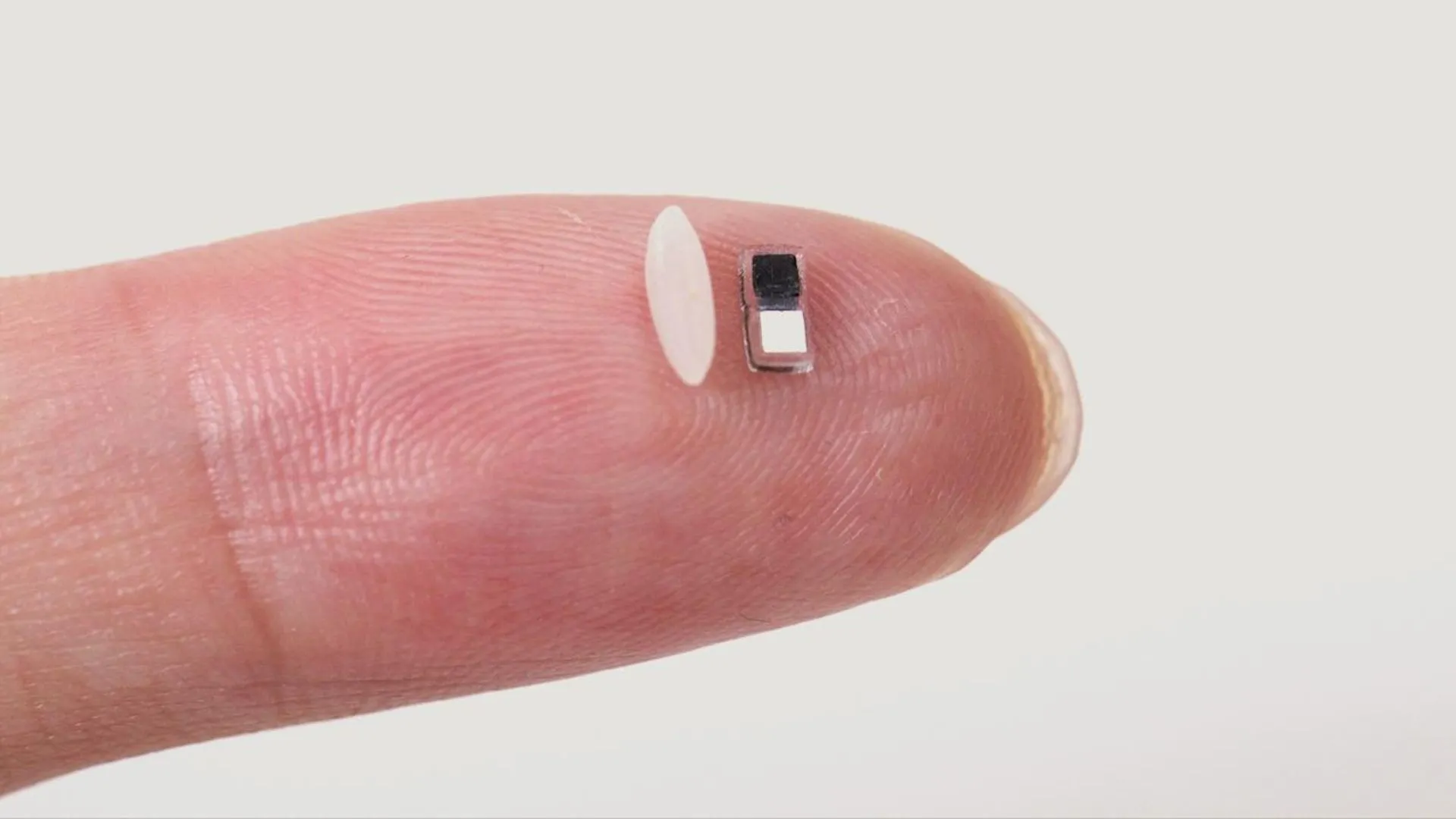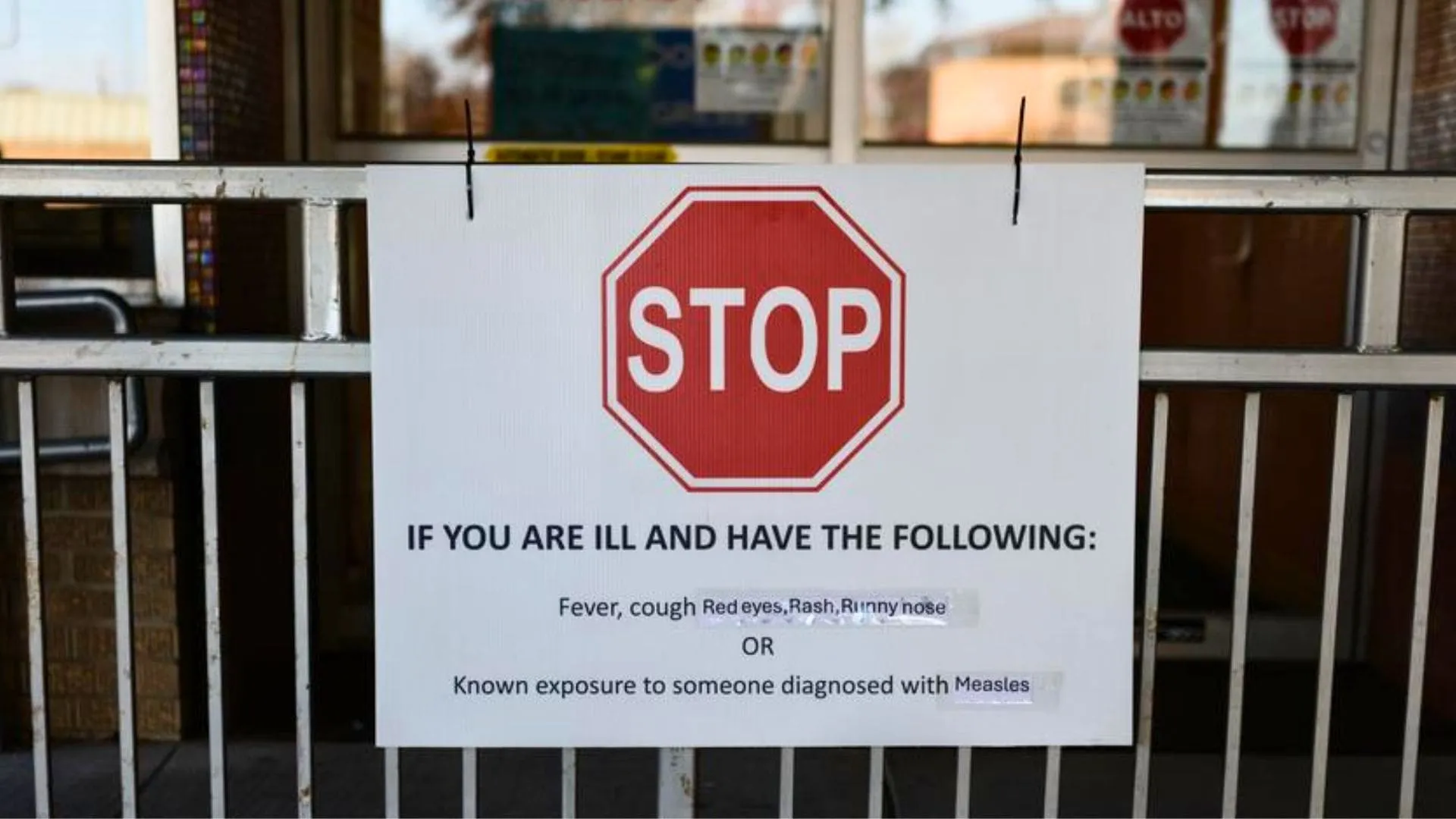In recent years, growing concerns have emerged about the impact of modern diets on children’s overall health. One particular area of concern that has gained attention is how ultra-processed foods (UPFs) are contributing to the shrinking of jawbones and misaligned teeth. The development of children’s jaws, which is crucial for proper oral health, has been negatively affected by the dietary patterns associated with highly processed foods. A new study has confirmed that the consumption of UPFs might be a significant factor leading to the underdevelopment of the jaw, resulting in dental deformities like buck teeth and malocclusion, which is a misalignment of teeth.
What Are Ultra-Processed Foods?
Ultra-processed foods are foods that have been heavily altered from their original form through industrial processing. These foods often contain ingredients that are not found in a typical home kitchen, such as artificial sweeteners, flavorings, preservatives, and stabilizers. Common examples of UPFs include soft drinks, chips, chocolate, ice cream, breakfast cereals, and many pre-packaged snacks.
These foods are often high in calories, sugars, unhealthy fats, and salt. Although they have been widely criticized for contributing to obesity, type 2 diabetes, cardiovascular diseases, and other chronic illnesses, recent research has also linked them to developmental issues, particularly concerning the growth of the human jaw.
How Ultra-Processed Foods Impact Jaw Development
In a study conducted by the Faculty of Medicine and Health Sciences at the Catholic University of Valencia, researchers found that the consumption of ultra-processed foods has led to a concerning decrease in the size of jawbones in children. The shrinking of jawbones is an alarming trend that has been observed more prominently in modern diets as they shift away from traditional, whole food-based eating habits.
Diet plays a crucial role in the growth and development of the human jawbone. Historical evidence suggests that populations dependent on agriculture, consuming mostly soft and processed foods, tend to have smaller jawbones compared to hunter-gatherers who consumed a diet rich in meat and raw, fibrous foods.
A previous study by the University of Kent also suggested that orthodontic issues such as crooked teeth and crowded teeth are closely linked to modern diets. These diets, which are low in natural fiber and high in processed food, prevent proper jaw development. As a result, children today face more orthodontic problems than their pre-industrial counterparts.
The Role of Chewing in Jaw Development
One of the key factors contributing to jaw development is the act of chewing. When we chew, our facial muscles are activated, and the pressure placed on the jawbone stimulates bone growth and the alignment of teeth. Chewing solid foods like fruits, vegetables, nuts, and meats helps to strengthen these muscles and ensures proper jaw and dental development.
In contrast, ultra-processed foods are often soft and require little effort to chew. As a result, children who predominantly consume soft, processed foods miss out on the necessary stimulation required to promote proper bone growth. Without this essential exercise for the jaws, their bone structures remain underdeveloped, and this can lead to dental malocclusion, or misaligned teeth.
The Shrinking Jawbone: A Cause for Concern
According to experts, the shrinking of jawbones in younger generations is a direct consequence of modern dietary habits. Professor Tim Spector, a renowned expert on gut health, emphasized that children today are often fed baby food or soft, ultra-processed foods well into their teenage years. As a result, their jaw muscles never fully develop, leading to a smaller jawbone structure. This phenomenon has contributed to the growing prevalence of misaligned teeth, overcrowding, and other dental issues.
Professor Spector further explained that the soft texture of ultra-processed foods encourages children to consume them in large quantities. This not only affects their waistlines but also has a long-term impact on their oral health. The lack of effort required to chew soft foods means that children’s jaws do not receive the necessary stimulation to develop properly.
The Spanish Study on Ultra-Processed Foods and Jaw Size
To better understand the effects of ultra-processed foods on jaw development, Spanish researchers conducted a study in 2022. The study focused on 25 children aged three to five, analyzing the correlation between their diets and jawbone size. The results were striking – children who consumed mostly liquids and semi-solid foods had smaller gaps between their lower teeth compared to those who consumed more solid foods.
The study demonstrated that the type of food children consume directly influences the development of their jaws and teeth. Children who ate more solid foods experienced more substantial jaw growth, while those who consumed soft, processed foods had smaller jaws and, as a result, a greater likelihood of developing dental problems.
Experts’ Views on Chewing and Jaw Development
Several experts have weighed in on the growing concerns about ultra-processed foods and their impact on jaw development. Dr. Laura Marques Martinez, one of the researchers involved in the Spanish study, explained the critical role that chewing plays in jaw development. She stated, “Chewing solid and fibrous foods, such as fruits, vegetables, or natural proteins, exercises the jaws, helping to prevent issues like malocclusion and deficiencies in the size and shape of dental arches.”
Dr. Martinez emphasized that the lack of chewing that comes with consuming ultra-processed foods hampers the development of the maxillofacial muscles and bones, leading to underdeveloped jaw structures. This lack of stimulation increases the risk of developing dental misalignment and other related issues, such as respiratory problems.
Can Ultra-Processed Foods Shrink the Jawbone?
While many experts have pointed to the detrimental effects of ultra-processed foods on jaw development, some believe that the impact of soft foods may not be as drastic as it seems. Dr. Carolyn Rando, an associate professor at UCL, argued that the softness of food has remained relatively consistent for years, so it is unlikely that ultra-processed foods alone are causing significant jaw shrinkage. Dr. Rando pointed out that genetic factors also play a significant role in jaw development and that diet-related changes would have occurred gradually over decades, not within a short time frame.
Dr. Hayley Llandro, director of external relations for the British Orthodontic Society, echoed similar sentiments, stating that genetics plays a major role in skeletal and dental development. However, she acknowledged that cutting back on ultra-processed foods could help prevent tooth decay, which is often caused by the high sugar content in processed foods.
A Shift in Dietary Habits Is Necessary
Despite some debate over the extent to which ultra-processed foods contribute to shrinking jawbones, the consensus among experts is clear: a diet that primarily consists of ultra-processed foods is not conducive to healthy jaw and dental development. As children grow, it is essential for them to consume a diet rich in whole, fibrous foods that require chewing, which in turn helps stimulate bone growth and prevents dental misalignment.
Parents are encouraged to offer their children more solid foods such as fruits, vegetables, nuts, and lean proteins to promote proper jaw development. While reducing the intake of ultra-processed foods may not guarantee perfect dental alignment, it is an essential step toward fostering healthier growth and preventing a range of orthodontic problems in the future.
As research continues to explore the complex relationship between diet and oral health, it is crucial for parents and caregivers to be mindful of the foods they are providing to their children. A shift in dietary habits may be the key to reversing the trend of shrinking jawbones and ensuring that the younger generation develops strong, healthy jaws and teeth.























